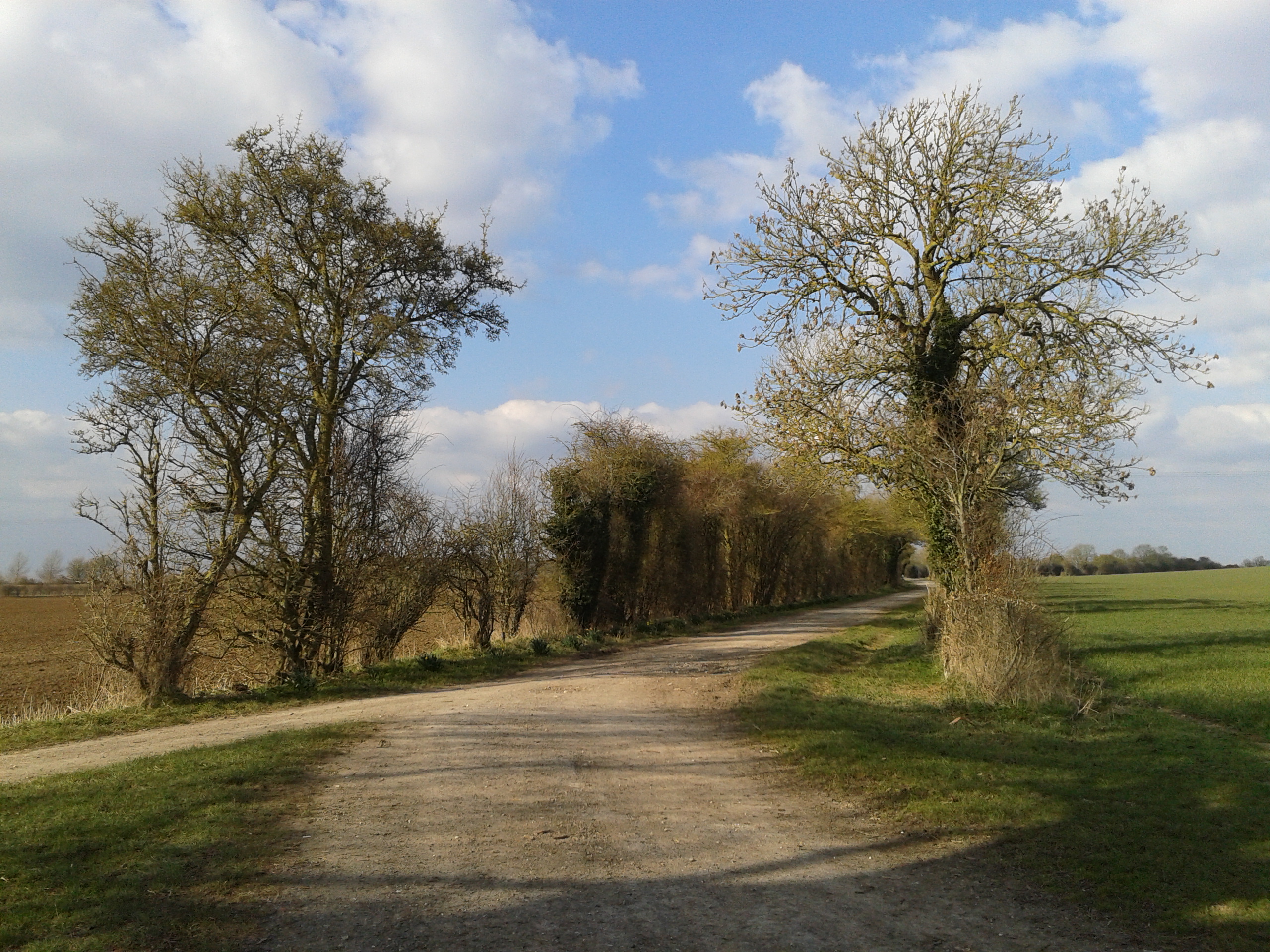
I was prompted to think about change and freeriding by Seth Godin's blog post:
http://sethgodin.typepad.com/seths_blog/2013/06/the-free-rider-benefit.html?utm_source=feedburner&utm_medium=feed&utm_campaign=Feed%3A+typepad%2Fsethsmainblog+%28Seth%27s+Blog%29
Seth talks in his blog about how ‘freeriding’, although usually considered reprehensible, can in some circumstances be a good thing. In many cases – for example, not paying taxes, not vaccinating children – freeriders who get the benefits of everyone else’s compliance without paying the price themselves are rightly criticised. However, in other cases, such as using Google, Wikipedia or TripAdvisor, those who pay for their benefits (perhaps through advertising), and so make providing the service worthwhile for the provider, actually benefit more (or even entirely) because of the many ‘freeriders’ who get a smaller benefit but pay nothing. Typically in these cases spread of information and access to new ideas is involved. Why do they work? In part because the information is seen as being unbiased (although of course that appearance can be abused).
Change and freeriding
Now think about change management. What is change management about? Getting people to willingly accept and even embrace new ideas and ways of doing things as quickly and easily as possible. When management tries to sell a change, there is a natural suspicion that the message is not all it seems, even when, if taken at face value, it appears to be beneficial. It’s like a restaurant review purporting to be independent when it is obviously a paid-for entry. On the other hand, when peers pass on the same idea, an objective judgement seems much more likely. Similar processes to ‘freeriding’ seem to be involved.
So how does ‘good freeriding’ work? There are three groups of people involved: those who benefit enough to pay, those whose benefits are free – and the facilitator who connects them. That suggests that it may help if the facilitator (change agent) is seen as having some independence, and not simply being one of the managers. Secondly, giving the ‘freeriders’ – those whose environment is being changed - the opportunity to be engaged meaningfully, if they want to be, is likely to help. By analogy, the lesson for those seeking the benefits of change (normally the managers) is that listening well to the people the change affects may well
increase the value of the change achieved.
If you would like to talk about how to deliver a strategic change effectively, please contact us.
 “Many are stubborn in pursuit of the path they have chosen. Few in pursuit of the goal.”
Friedrich Nietzsche
Why does that matter? Because as circumstances change, the path has to change. Your objective, your destination, remains the same, but the path you need to take to get there has to take account of unforeseen obstacles, newly-visible short cuts, etc. Obstinately pursuing the original path may lead you into unnecessary difficulties or delays, or even to somewhere different altogether. Of course that assumes that you knew where you were going in the first place. In my experience, often people are unwilling or even unable to define their goals really clearly. If you don't do that, all you have left to cling to is the path you have chosen - even when it is leading you to the wrong place!
I’ve been told that, faced with an impending pile-up on the road in front of you, you are most likely to avoid it if you keep your eyes on the space you need to drive into, not on the car you are about to hit – but to do so is very hard! Similarly, being flexible enough to adapt the path you take through change, while keeping your eyes on the ultimate goal, is most likely to deliver what you wanted. Most of my work is concerned with 'soft' projects where the ability to flex when circumstances change is key. Nietsche captured the problem beautifully.
“Many are stubborn in pursuit of the path they have chosen. Few in pursuit of the goal.”
Friedrich Nietzsche
Why does that matter? Because as circumstances change, the path has to change. Your objective, your destination, remains the same, but the path you need to take to get there has to take account of unforeseen obstacles, newly-visible short cuts, etc. Obstinately pursuing the original path may lead you into unnecessary difficulties or delays, or even to somewhere different altogether. Of course that assumes that you knew where you were going in the first place. In my experience, often people are unwilling or even unable to define their goals really clearly. If you don't do that, all you have left to cling to is the path you have chosen - even when it is leading you to the wrong place!
I’ve been told that, faced with an impending pile-up on the road in front of you, you are most likely to avoid it if you keep your eyes on the space you need to drive into, not on the car you are about to hit – but to do so is very hard! Similarly, being flexible enough to adapt the path you take through change, while keeping your eyes on the ultimate goal, is most likely to deliver what you wanted. Most of my work is concerned with 'soft' projects where the ability to flex when circumstances change is key. Nietsche captured the problem beautifully.  The other night I was meeting a friend for dinner in town. You know how sometimes when you get down to the tube platform it feels wrong? It felt wrong. Too many people, milling about with resigned looks, not purposefully waiting. Then the public announcement: “the Victoria line is suspended from Victoria to Walthamstow Central. There is a shuttle service operating between Brixton and Victoria.”
No train. No boards telling you when the next train is coming either. I have a choice: I can take the chance of waiting, hoping that if a train does come soon I might still be on time – but it might be ages; or I can go out and catch a bus – I will definitely be a bit late, but I know it will definitely come?
The other night I was meeting a friend for dinner in town. You know how sometimes when you get down to the tube platform it feels wrong? It felt wrong. Too many people, milling about with resigned looks, not purposefully waiting. Then the public announcement: “the Victoria line is suspended from Victoria to Walthamstow Central. There is a shuttle service operating between Brixton and Victoria.”
No train. No boards telling you when the next train is coming either. I have a choice: I can take the chance of waiting, hoping that if a train does come soon I might still be on time – but it might be ages; or I can go out and catch a bus – I will definitely be a bit late, but I know it will definitely come?


